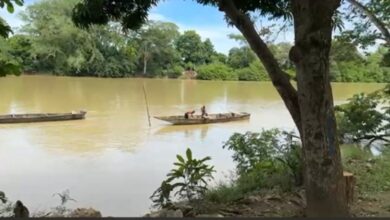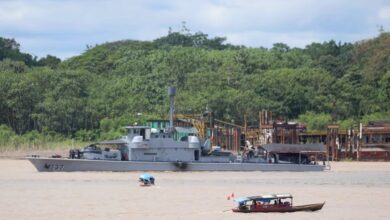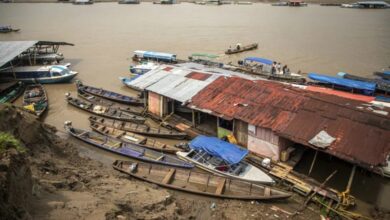Whispers of Uncertainty Shake Guyana’s Essequibo Businesses
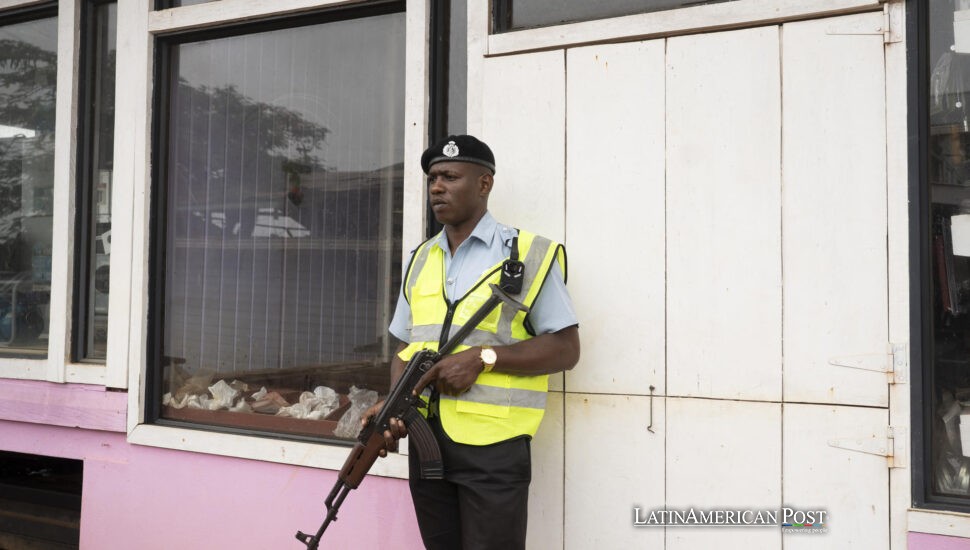
Gold dust still clings to work-worn hands in Guyana’s remote northwest, yet merchants now count rumors instead of coins. Each whisper from Caracas about “recovering” Essequibo freezes trade, empties classrooms, and tests the resolve of families who refuse to abandon their frontier.
History’s Long Shadow Over a River Border
Essequibo’s troubles did not begin with today’s headlines. An 1899 arbitral award—chronicled in The Cambridge History of Latin America—handed this 160,000-square-kilometer wedge to what would become Guyana. Venezuela rejected that verdict almost immediately, and successive governments kept the claim alive, mindful of timber, gold, and, lately, offshore oil. In 2018, Georgetown took the matter to the International Court of Justice; Caracas insists the court lacks jurisdiction.
Legal briefs, however, do little to calm the miners of Port Kaituma or the shopkeepers of Matthew’s Ridge. “Courts move like turtles,” sighs Albert,* a retailer who spoke to EFE. “Rumours gallop.” Each new Venezuelan decree—most recently a December 2023 referendum and this year’s “governor” election for “Guayana Esequiba”—revives old fears that soldiers might appear with maps that erase Guyana’s western half.
*Surname withheld for security reasons.
Commerce on a Knife-Edge
On market days, the Barima River should be thick with boats ferrying cooking oil, cement, and diesel upriver from Georgetown. Lately, the docks lie quiet. Emmanuel Francis, owner of a two-story general store in Arakaka, watched sales collapse when Caracas announced its ballot. “People hoard cash when they smell trouble,” he tells EFE. “If the river traffic stops, shelves go bare in a week.”
Gold, the region’s lifeblood, suffers first. Independent miners hesitate to fuel bulldozers if troops or rebels might seize a claim. Chain reactions follow: fewer freight runs, idle sawmills, and unpaid mechanics. In Matthew’s Ridge, construction boss Greggory Vincent dismissed half his crew after orders for new housing dried up. “Investors want stability,” he says. “Right now, all they see is fog.”
Yet the land still pulses with riches. Chinese-owned Guyana Manganese Inc. trucks ore through the dripping jungle, and its convoy is a reminder that big capital banks are on long horizons—political noise or not. Academic analyses in the Andean Borderlands Review note that resource wealth often invites development and dispute; where geology is generous, geopolitics turns predatory.
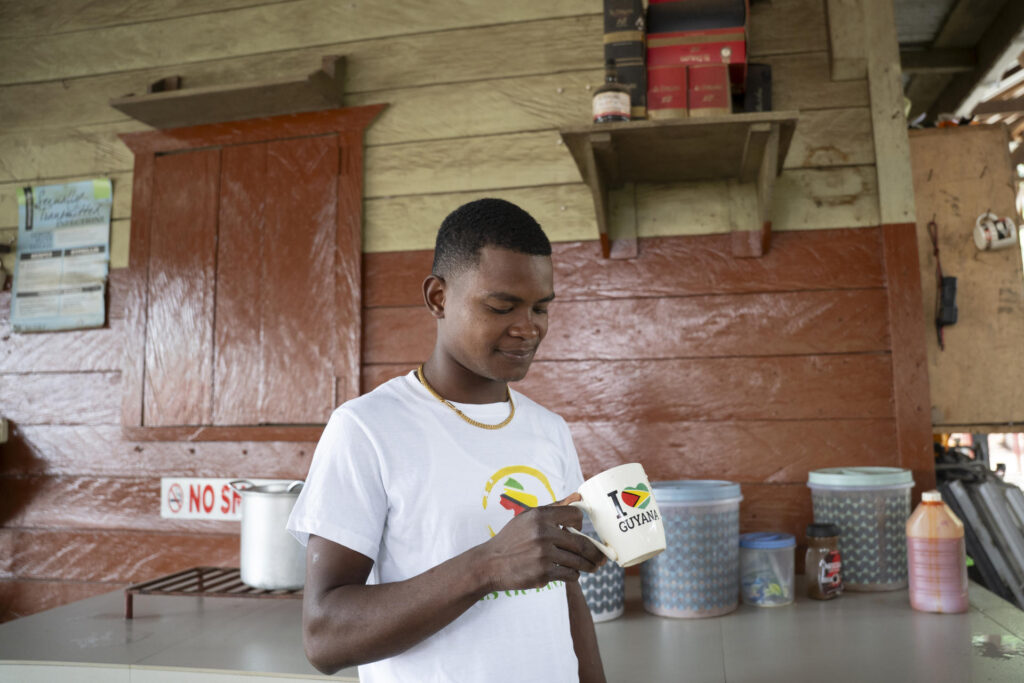
Defiance in Blue and Gold
When Venezuelans headed to the polls in April to choose their “governor,” Essequibo’s towns answered with T-shirts printed “Essequibo is Guyana.” Vincent handed them out at dawn, and miners pulled the fabric over caked work clothes before boarding pickups. “It was a silent vote of our own,” he says. No caravans of Venezuelan campaigners appeared—despite Caracas later boasting of participation inside Guyanese borders—only the usual parrots wheeling above rust-red rooftops.
National Security Adviser Gerald Gouveia toured Region One that week, telling local radio he found “calm determination.” Still, mothers kept children home, and radios stayed tuned for any scrap of news. Baldeo Francis, a fisherman at Arakaka, admits he studies the horizon more than the river these days. “Not fear,” he insists, “just readiness.”
Such vigilance echoes scholar Alejandro Del Valle’s warning in Border Peoples and Sovereignty: protracted disputes create “communities of tension,” populations whose daily routines adapt to permanent uncertainty. Essequibans plant gardens closer to home, stock extra fuel, and memorize evacuation trails—quiet proofs that the ICJ’s distant chambers have yet to bring peace of mind.
Waiting for The Hague—and the Future
The ICJ’s final word might arrive in 2026 or later. Even a decisive ruling could trigger friction; precedent shows that losers sometimes escalate after losing in court. For Essequibo’s 125,000 residents, planning stops where that uncertainty starts.
Still, the frontier breathes resilience. Schoolteacher Mary Peters reopens class after each false alarm, teaching map-reading beside math: “Our children must know every creek and every right.” At night, generators hum in Vincent’s workshop as welders repair dredge pumps. The investment is in tomorrow; however, it will be cloudy.
Albert, sweeping dust from his shop’s counter, gestures toward neatly stacked tins of sardines. “Business will bloom again,” he says, “because we are not packing up.” His confidence rests on community and on a slogan worn thin by repetition yet fierce in conviction: “Essequibo in Guyana.”
Also Read: Chile’s Salmon Export Boom Teeters on Fragile Regulatory Reforms
The world’s diplomats may settle the border on paper, but the verdict that matters most is delivered each dawn when engines sputter to life, sluice boxes rattle with gravel, and small stores lift their shutters despite the whispers. Essequibo’s people declare ownership in that daily vote of presence, but no decree can be erased.

